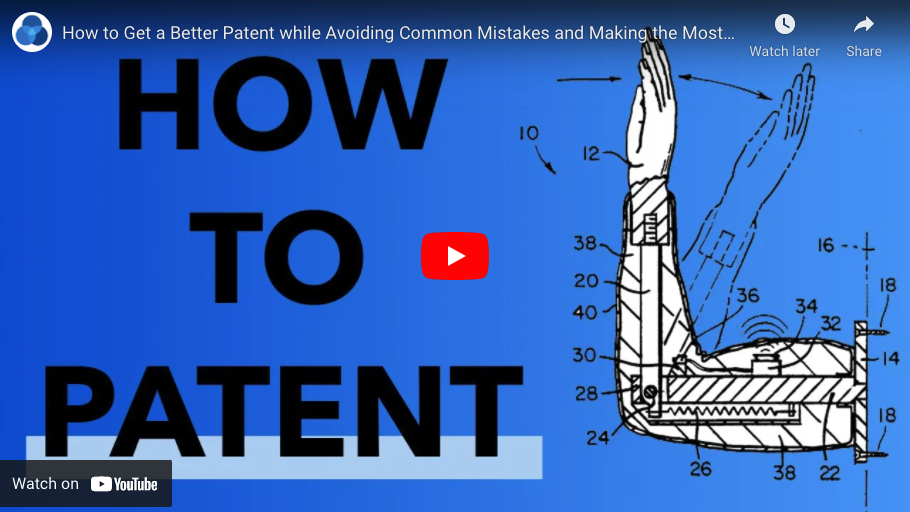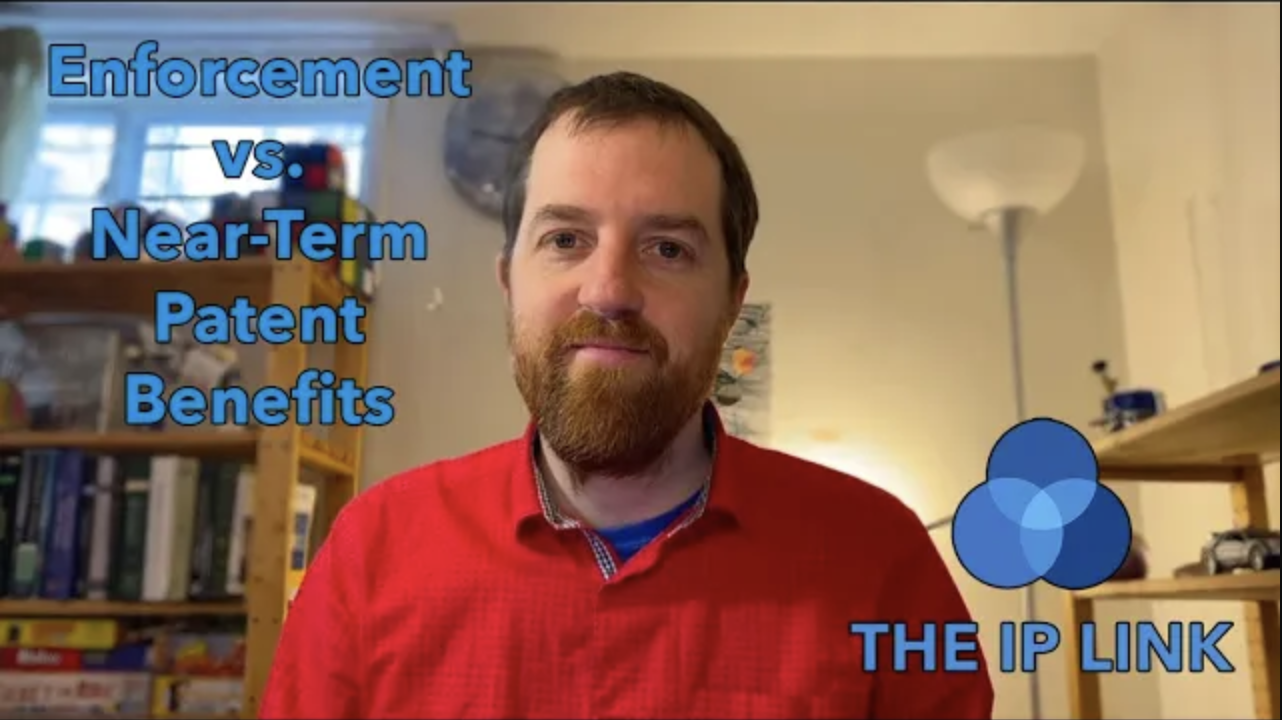
Wondering about how to best approach the patent process? I recently interviewed Anthony Chan – CEO & Co-Founder of Venturi from Edmonton, Alberta – all about his experience and approach to the patent process. Read below to find out what he learned throughout the process and how he would advise startup founders at the beginning of their IP protection journey.
Trevor: Where was your business, from an IP perspective, before we started working together?
Anthony:
At the very beginning of everything, we weren’t sure if we needed a patent at all. I knew that getting a patent was very expensive. And this is a software patent, and I’ve heard a lot of people say “software is really hard to patent”, [so we figured] maybe we should take a look at this first – before spending all this money and trying to find a lawyer which may not understand the technology as much as someone who is probably in the trade already.
That was one of the key points, as I think the lawyers are really good at the legalese and the legal aspects of the patent but they might not know too much about technology itself, if it is patentable, or what we can do to extract more value out of it. So, I thought that it was very important to engage someone like yourself to really understand and articulate that. And to formulate a strategy so that we can set ourselves up for success for when we are ready to file. So that was super super important.
Trevor: What led you to decide to work with The IP Link?
Anthony:
First and foremost, I liked the fact that you have a technical background. You’re not just a lawyer but you’ve worked in the startup space before, having previously worked at TEC Edmonton. Being connected with various companies you understand their ecosystem and the environment really well, and you have seen what was done before and that experience definitely lends itself to helping a startup like ourselves in software engineering technology. That was a huge factor in my decision. And you have some really good reviews from past clients, and I trusted my gut. I think it was very successful.
Trevor: How did your understanding of the patent process change over the course of working with the IP link?
Anthony:
Initially, when I approached patents, it was about protecting IP because I don’t want anyone else to steal from it or duplicate it. Trying to find a safe way for us to protect ourselves is critical because we’re fairly small, and we’re up against some of the big boys here and larger companies who have a lot of corporate might behind them.
Trying to understand and get protection was key. After going through the modules and when you helped us break down why exactly we were actually filing, there were certain aspects that we didn’t consider, like if you have a patent filing that could increase the chance of closing a deal by a certain percentage and how much the deal was worth. Trying to get down into that level and understanding as to where exactly the value of the patent lies. Also the cost of maintaining these patents is something to consider because it’s not just a one-time cost, you file and that’s it. There are also other aspects of it where you could be filing in other countries. How many countries? Which countries? And the list goes on. You have to look at it as a capital investment, a total lifetime cost of that patent and what it means to the business. Is it worth pursuing and spending this money upfront and even in the future to maintain it? Also, when are you going to extract the value out of it? Is it now or later? [You need to] make that decision and do those calculations. That made a lot of sense.
Trevor: Overall, how was the program and working with The IP Link?
Anthony:
I thought it was a really good experience, the modules that we went through were very relevant. I thought the level of engagement was pretty good too, it wasn’t too much or too little. I think we were just spot on. We kind of found a cadence to really set us up for success and I think that really worked well too.
I also like the fact that at the end while we were working on the patent draft, we had a chance to circle back to the beginning because it was a good reminder of what we did talk about [in the first module of the program]. That has been really beneficial to us.
Trevor: What would you say to a startup founder or someone like yourself who’s still right at the beginning trying to decide whether or not to even pursue patent protection?
Anthony:
Seek as much information as possible and don’t be afraid to ask around, especially from professionals like yourself [The IP Link]. Reach out and understand really for yourself. Sometimes, it’s hard to ask questions when we don’t know, but I felt like you were kind of like that bridge. There are a lot of things that we don’t know that are in the legal world, right? But we know about the technology.
We have the domain expertise in engineering but we have no clue when it comes to who is a great lawyer for this particular type of patent, what’s their experience [for example]. Trying to decrease the amount of time spent in doing that is value in itself because you [The IP Link] already know who your preferred vendors are, who are the great folks in the local economy and industry. I think for a founder, saving time and also getting knowledge at the same time is a win – a double whammy.
Trevor: How has your business progressed in parallel with the patent work?
Anthony:
The technology is developed and proceeding well, we’re working with [an initial customer] now, so it’s official. Also, they’re talking about testing this technology on [a broader set of applications]. We secured funding too, I was looking back at the funding this year, and it was about $450,000 of funding, the majority of it on this project.
With your help, we were able to get there. We were talking with our client and [they asked], “Oh are you guys trying to file a patent?” [We said], “Yes, we are filing a patent.” And with the government, [when they asked] “How are you guys protecting your IP?”, [we were able to say], “We’re working with Trevor and with [our patent lawyer], so we’re going to file that pretty soon”. And all that contributes to gaining funding and investor confidence as well. It was a lot of work, but I’m glad we did it.
Thanks again for the help, it’s been amazing.
If you’re in a similar situation as Anthony was at the beginning of his journey, let’s hop on a call and see if we can pull together the beginnings of a proper IP strategy!




